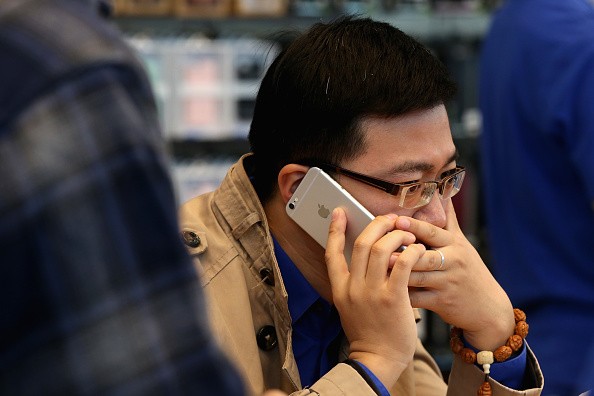The company that crushed one of the world's tech heavyweights in a Chinese legal battle is barely existing.
In a report by The Wall Street Journal, Shenzhen Baili Marketing Services Co. seems to have left very few traces of its presence as a Chinese smartphones maker.
"Phone calls to the company, Shenzhen Baili Marketing Services Co., ring unanswered. Its websites have been deleted. Visits to its three registered addresses found no company offices," the WSJ wrote.
This month, a Chinese regulator made a decision barring Apple from selling the iPhone 6 and 6 Plus in China, saying that the Cupertino, California-based company copied the handsets from Shenzhen Baili's 100C smartphones line.
Shenzhen Baili is a subsidiary of Digione, whose claims over Apple's copyright infringement go all the way back in 2014.
According to the WSJ, Digione and Baili were backed by China's Internet giant Baidu and other big-time investors.
However, things turned sour for the little-known smartphones manufacturer.
"By the time regulators reached a decision this year, Digione had collapsed, brought down by buggy products, mismanagement and fierce competition," the company's former employees and investors told the WSJ.
Baidu also reportedly accused Digione of "squandering its investment."
Both Digione and Shenzhen Baili are bankrupt, with debts surpassing total assets, per the companies' latest financial reports cited by the WSJ.
100C, the model where Apple's iPhone 6 and 6 Plus were allegedly copied from, also have little footprints left online.
In a report, CNBC said that it was unable to find the official website for the brand, either in Chinese or English.
"Some online photos of 100C phones showed a Web address on their backside '100jia.cn,' but that appeared not to currently exist," CNBC wrote.
A phone call to the listed number on Shenzhen Baili's website also directed to a busted line, while an inquiry via email failed to deliver, according to the news agency.



























